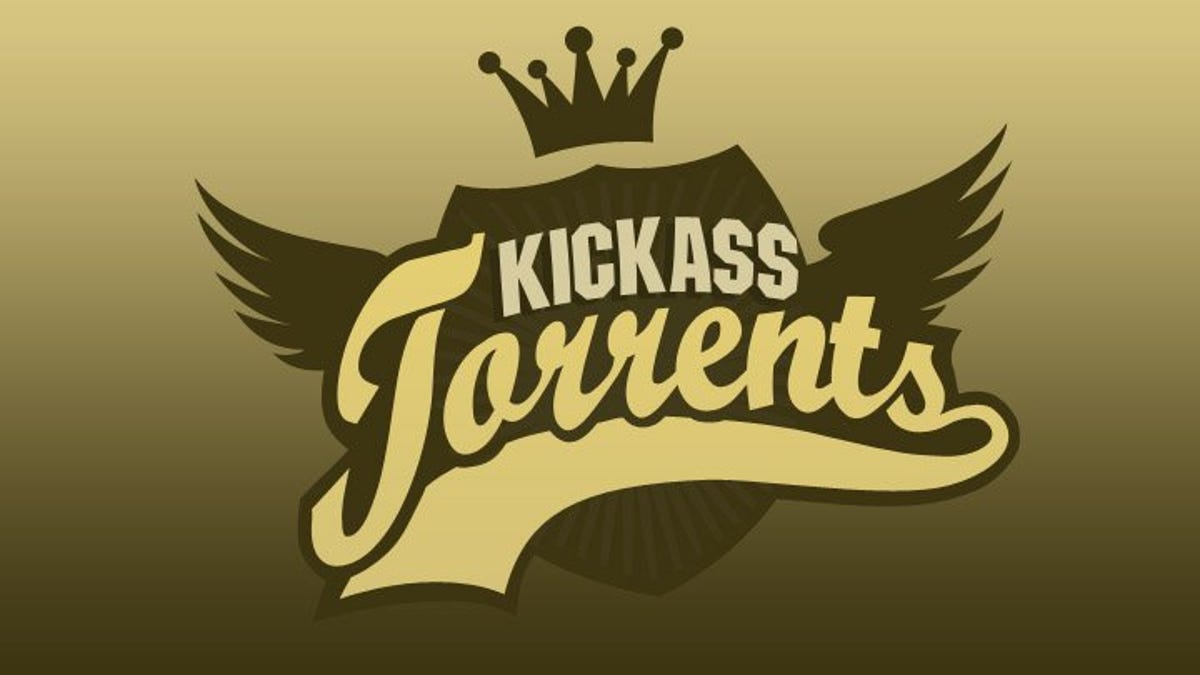Kickass Torrents won't die, but the music industry is trying
ISPs say it will cost AU$50 to block Kickass Torrents every time it pops up on a new domain. The Australian music industry wants to play that game of whack-a-mole, except no one wants to pay for it.

How much does it cost to block a website like Kickass Torrents? According to Australia's internet service providers, AU$50 per domain.
That's the price tag TPG has put on blocking individual domains that live in the darker corners of the internet, offering pirates access to torrents of recent movies and TV shows.
TPG, Optus, Telstra and Foxtel (with its ISP hat on) are currently facing off in the Federal Court against music rights holders, including Universal Music and Sony Music, over the content industry's bid to block access to Kickass Torrents. It's an early test case in the use of Australia's new website blocking laws, and one that could shape the way you use the internet.
But it's not the first site-block attempt of its kind. And the case has made it to hearing, despite the fact that Kickass Torrents (KAT) has already been taken down by US authorities.
The first site-block attempt in Australia was made by Village Roadshow, which launched legal action against a number of ISPs in March in a bid to block overseas websites it alleged were "facilitating piracy." But the sticking point of that case -- who pays for websites to be blocked -- is still being decided on. And it's set to be the main point of friction in the Universal/Sony case being heard today.
What's more, that first Village Roadshow case is likely to set a precedent in the way site-blocking is enacted in Australia. The judge in today's case, Justice Burley, might just be inclined to wait for the judgement in the Village Roadshow case, making this action potentially redundant.
When you throw in the fact that US authorities arrested the alleged owner of KAT in July and seized seven domains associated with the site, blocking access to those sites, there's plenty still up in the air.
US authorities have already seized a number of Kickass Torrents' domains, which are now blocked.
But that didn't stop the big names in Australia's music industry making their argument in court.
Counsel for Universal and Sony outlined how the rights holders' application to block websites met every condition set out in Australia's new site-blocking laws -- chief among them, that KAT is based overseas and it encourages "flagrant" copyright infringement.
In a lengthy statement that sounded more like the world's driest episode of Top of the Pops, counsel for the rights holders said pirates were using KAT to download tracks from Justin Bieber, Major Lazer, Fallout Boy and seemingly half the winners of Australian Idol.
At one point the legal team offered to submit USB drives and a laptop of infringing material (wrapped in intriguing white plastic), leaving the judge largely bewildered before he politely declined to tender these as evidence.
While today's hearing is a test of the waters, the rights holders are also seeking an ability to fast track future site-blocking requests, with ISPs given "10 days to object."
This is different to the "rolling injunction" proposed in the Village Roadshow case, which would allow rights holders to add domains to a list of blocked sites after the first block is approved. Counsel for the music companies described the proceedings as "different facts in a different case."
But for Foxtel, the two cases are closely linked. The company is appearing as an ISP in the case against Universal, after being listed alongside Village Roadshow as a rights holder in that siteblocking case. As a result, Foxtel wants a similar approach to site-blocking in both cases -- AU$1,500 to block each torrenting website, no matter how many different domains it used. If a new domain pops up, Foxtel wants to be able to add that domain to the blocked list out of court.
The question of money keeps popping up, and so does Kickass Torrents' new domains.
In the time since Universal and Sony first applied to the Federal Court, Kickass Torrents has already moved house a number of times -- the intervention by US authorities has seen to that.
The rights holders are now working off a list of domain names, most of which have been scratched out and replaced with different URLs.
Since starting legal action, rights holders have already had to change the Kickass Torrents domains they are seeking to block.
And this begs the question that many experts have asked before now. What stops Kickass Torrents, and the countless websites like it, from shutting down one domain and popping up somewhere else? What stops the content industry from playing a complex game of "whack-a-mole" with pirates, leaving rights holders, ISPs and internet users frustrated, and doing little more than fattening the pockets of copyright lawyers?
With TPG estimating that each domain block will cost AU$50 (a number arrived at by working out the time taken to implement and configure blocking systems, then dealing with "inevitable" customer complaints), how many times will $50 be added to the site-blocking bill? Or will the court order ISPs to block Kickass Torrents in whatever form it takes?
Most importantly, between the music industry and internet providers, who's going to foot the bill?
That's the real $50 question.
First published October 25, 4:35 p.m. AEST.
Update, October 26 at 1:37 p.m.: Adds comments from day two of the hearing, including Foxtel's proposed compliance costs.

